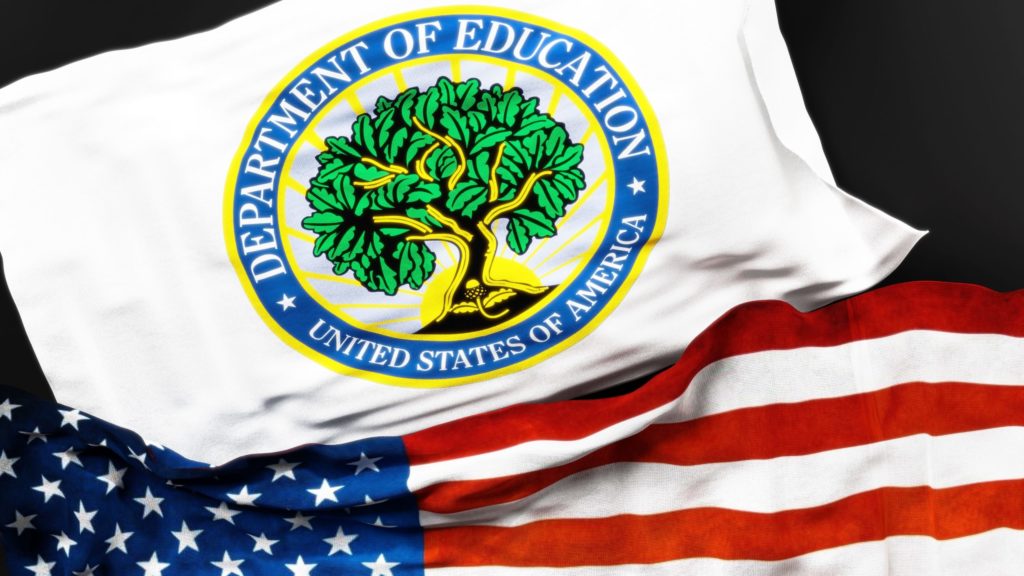In response to a proposal from the U.S. Department of Education to rescind religious freedom protection for faith-based organizations at public universities, deeming them unnecessary, the U.S. bishops have asked the department to preserve the protection, which it calls “commonsense.”
After more than a year of review, the department announced February 21 that it proposed to rescind a portion of the Religious Liberty & Free Inquiry Rule that in part ensures the freedom of faith-based student organizations at public universities to require members to abide by the tenets of the faith.
Nassar Paydar, Assistant Secretary for Postsecondary Education, wrote in the February announcement that the provision in question “is not necessary in order to protect the First Amendment right to free speech and free exercise of religion given existing legal protections.”
“It has caused confusion about schools’ nondiscrimination requirements, and it prescribed a novel and unduly burdensome role for the Department in investigating allegations regarding the public institutions’ treatment of religious student organizations,” Paydar explained.
“We have not seen evidence that the regulation has provided meaningfully increased protection for religious student organizations beyond the robust First Amendment protections that already exist, much less that it has been necessary to ensure they are able to organize and operate on campus.”
The USCCB sent out a message March 23 explaining that recession of the “Equal Campus Access” provisions will send a message to religious student groups that they are not welcome on public campuses.
“[The regulations] provide commonsense protection for faith-based student organizations that have faced discrimination on many public college campuses for nearly four decades,” the USCCB said. “By protecting students of all faiths, the existing regulations ensure that students of all religious faiths will be welcome on public college campuses.”
The Religious Liberty and Free Inquiry Rule was issued by the U.S. Department of Education to help ensure that public institutions uphold First Amendment rights of the U.S. Constitution, including equal treatment and constitutional rights of religious student organizations at public institutions.
With the February proposal, Paydar said that the department wants to defer to federal and state courts when complex First Amendment questions arise, as they are “best equipped to resolve these matters.”
“If public institutions of higher education do discriminate against religious student organizations on the basis of the organization’s beliefs or character, such organizations can and do seek relief in courts, which have longstanding expertise in and responsibility for protecting rights under the Free Speech and Free Exercise Clauses,” Paydar said.
“Thus, while the Department certainly shares the view that public institutions should not treat religious student organizations less favorably than other student organizations, we do not, at this time, believe that a threat of remedial action with respect to the Department’s grants helps achieve this goal.”
Contrarily, the USCCB argues student faith groups can’t “maintain their religious identity” if the current provisions the department has in place are rescinded.
“Thriving religious student organizations benefit not just those who choose to participate in their activities but their campus communities as a whole,” the USCCB states. “Religious student organizations offer spiritual nourishment, emotional encouragement, and friendship to all at a time when university communities are still recovering from the physical, emotional, and spiritual toll that the pandemic wrought.”

